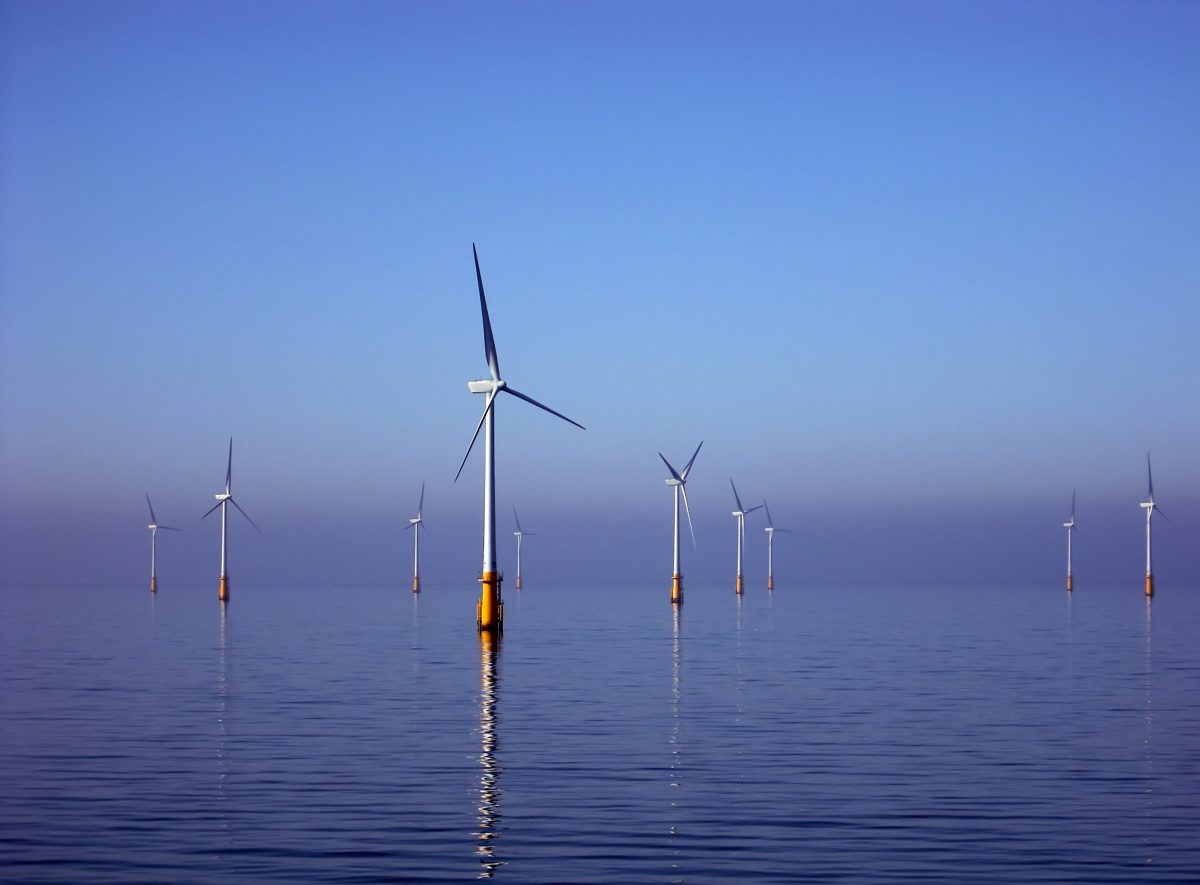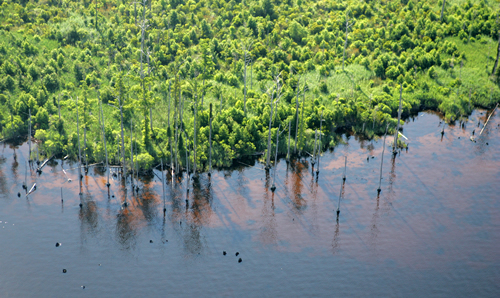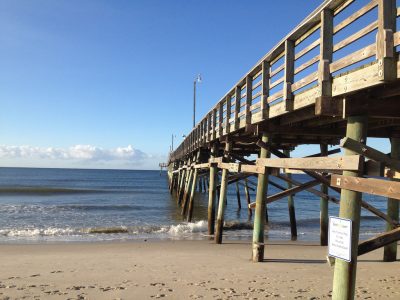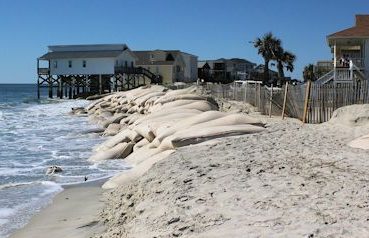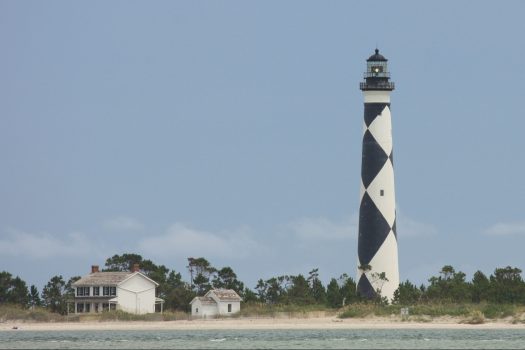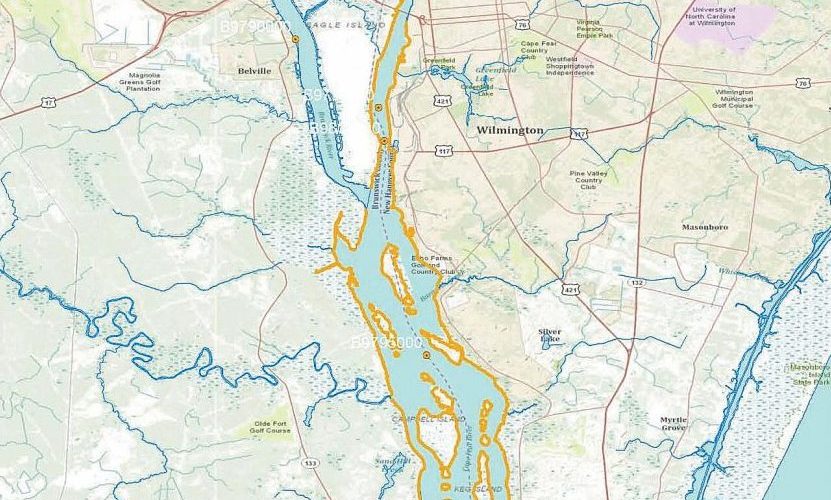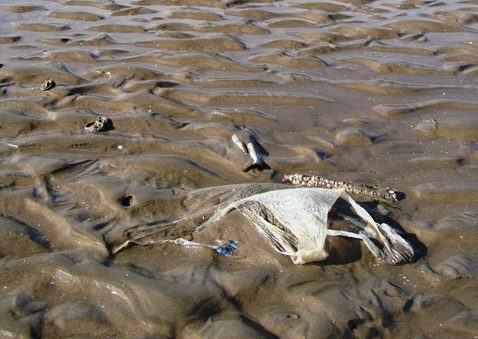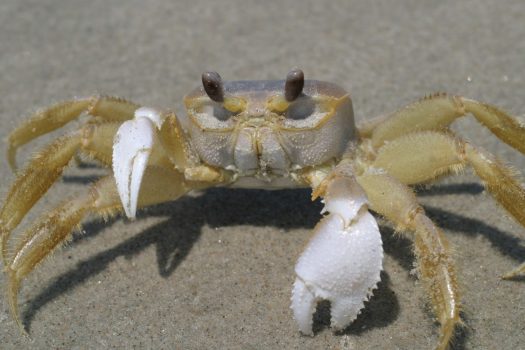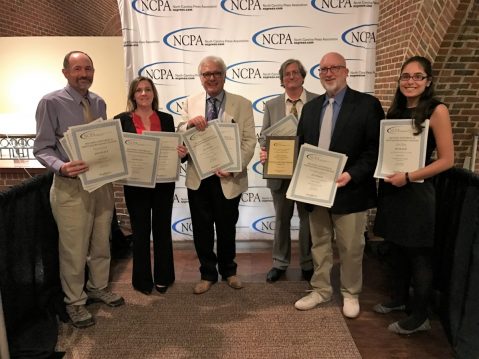Ongoing environmental monitoring is providing more detail on the extent of creosote contamination in Navassa, as residents face decisions on site’s future.
Archives
Wind Energy Area Auction Nets $9 Million Bid
Avangrid Renewables, in a bidding process through Bureau of Ocean Energy Management, won an auction Thursday to lease waters off Kitty Hawk for a wind-energy project, bidding more than $9 million.
Cahoon Named to Lead Coastal Commission
Renee Cahoon, vice chair of the Coastal Resources Commission since 2013, has been appointed by Gov. Cooper to replace Frank Gorham as the the commission’s lead.
Wildlife Refuge System Celebrates Birthday
The Alligator River National Wildlife Refuge turned 33 years old this week, as the National Wildlife Refuge System marked its 114th year.
Oak Island Pier Closed, to be Rebuilt
The Oak Island Pier was closed last week by town officials because of safety concerns stemming from damage suffered during Hurricane Matthew.
Corps OKs Ocean Isle’s Terminal Groin Plan
Ocean Isle Beach has the federal permit needed to build an estimated $5.7 million terminal groin at the erosion-prone east end of the Brunswick County town.
Cape Becomes Laboratory for Climate Study
Historic structures that are part of the Cape Lookout National Seashore are being used to test a developing strategy for dealing with the vulnerability of cultural resources to climate change.
Poll: NC Voters Support Renewable Energy
A poll from Conservatives for Clean Energy shows North Carolina voters overwhelmingly support candidates who work to advance clean energy.
Bill Would Block Cape Fear Reclassification
A bill recently filed in the N.C. General Assembly would block a proposed reclassification of part of the lower Cape Fear River, a change that could ease requirements on polluters upriver.
Women in Science to Host Event for Girls
Women in science will be on hand as role models for an event designed to spark middle school-aged girls‘ interest in technical fields set for April 1 at Duke University Marine Lab in Beaufort.
Chamber Opposes Repeal of Plastic Bag Ban
The Outer Banks Chamber of Commerce is opposing Dare County Rep. Beverly Boswells bill Tuesday to repeal a ban on plastic bags for coastal businesses.
State Out of Clean Power Challenge
A federal court has released the state from a legal challenge against the federal Clean Power Plan the state joined under former Gov. McCrory.
Sam’s Field Notes: Diversity of Carolina Crabs
A crabby disposition may not be so great, but crab diversity on the North Carolina coast, which is home to a large number of different crustaceans, is a positive sign.
Coastal Commission Chair Gorham Resigns
Frank Gorham, chairman of the North Carolina Coastal Resources Commission, has resigned, announcing his decision in an email Thursday.
Coastal Review Online Wins 14 Press Awards
Coastal Review Online was recognized Thursday with 14 awards for its coverage of coastal North Carolina environmental news from the N.C. Press Association.
New Leader for Marine Fisheries Sought
N.C. environmental officials are looking for a new director for the Division of Marine Fisheries to cut down on the workload for current director Braxton Davis, who also leads the Division of Coastal Management.


